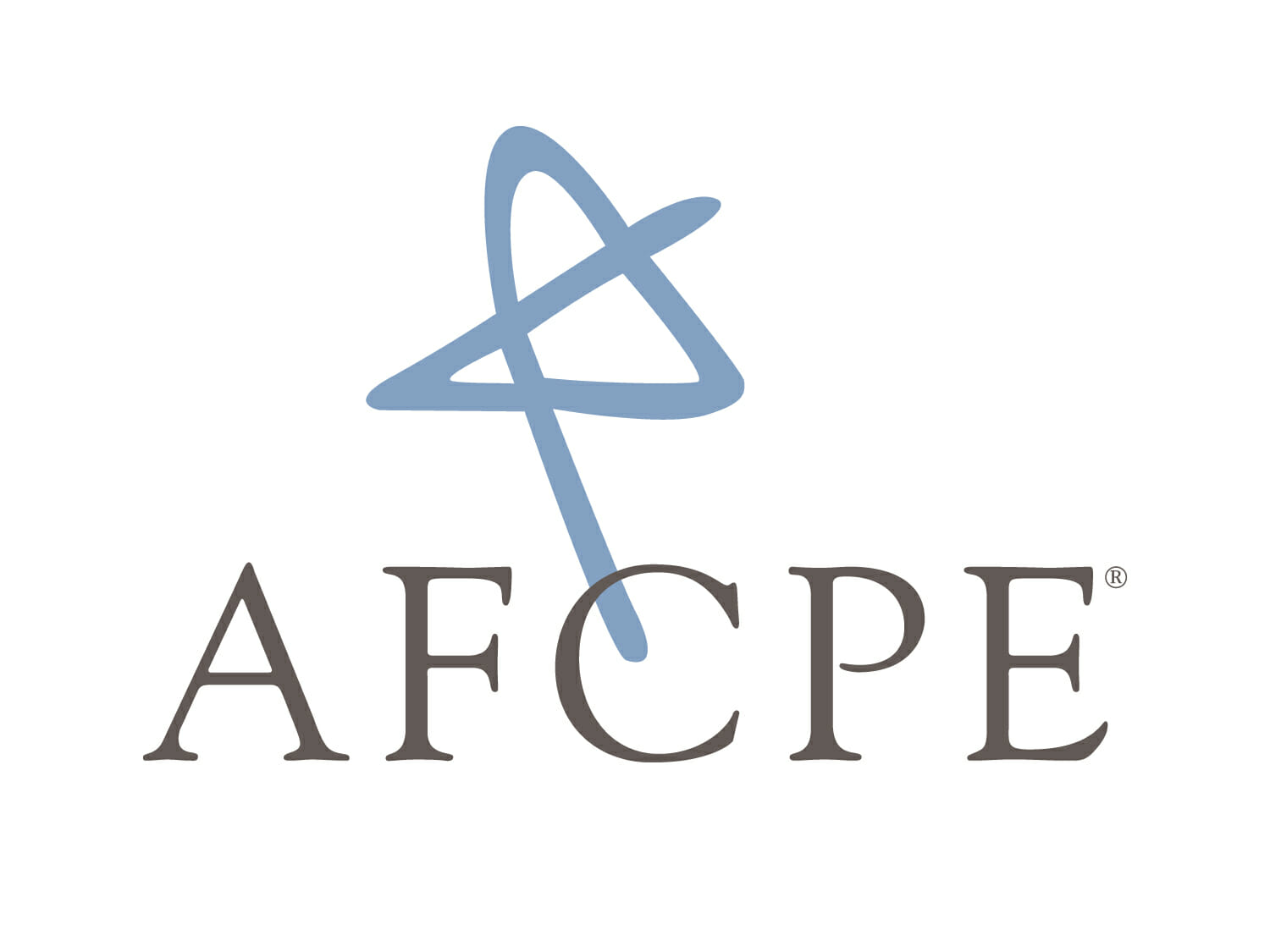Erica Tobe, an Extension Specialist and fixed-term Assistant Professor at Michigan State University (MSU), is passionate about helping to identify the social and economic needs of families. This passion is evident throughout many of her current initiatives, but especially in her current project, Starting over after Foreclosure, an online self-paced course that she developed along with her colleague, Brenda Long. The project was awarded the 2015 Mary O’Neill mini-grant.
Learn more about your fellow AFCPE® member – the initiatives she is working on, what inspires her and what she’d give as her top piece of financial advice.
Congratulations on being awarded the 2015 Mary O’Neill Mini Grant. Tell us a little bit about your project, “Starting over after Foreclosure Online, Self-Paced Course.” What are you most excited to share with our members when you present at the 2016 AFCPE Symposium in November?
Since 2008, MSU Extension has provided foreclosure prevention services to families who are at risk of losing their home to mortgage and/or tax foreclosure. Between 2008 and 2013, MSUE counseled over 6500 clients around this issue. However, our educators quickly noticed that once the counseling sessions ended, and a housing outcome was reached, the need for financial education still remained. Unfortunately, our staff did not have the educational resources to support families in rebuilding their financial situation after experiencing housing instability and many clients did not want to come to an additional class that focused on general money management education.
The Starting Over After Foreclosure toolkit was developed to provide situation appropriate content to meet the unique needs of families. Early marketing efforts with Michigan partners identified an overwhelming need for this material and a need for additional avenues for delivery. To provide clients help beyond the toolkit format, MSUE is also in the process of developing a series of eight, free, stand-alone classes with interactive videos that will be housed on the MSU Desire2Learn course management system. Each class utilizes toolkit content, Reflect and Connect questions and scenarios, downloadable/fillable worksheets, and web-based resources!
Your current development interests focus on family financial health and wellbeing. Are you working on any other initiatives that you are excited to share with our members?
Along with developing the Starting Over After Foreclosure Toolkit and courses, MSUE staff have been involved in reaching diverse populations in the state of Michigan through our money management and homeownership educational classes. In coordination with the MSU Native American Institute and several urban organizational partners that work with Native American families in the greater Detroit area, we recently launched a community needs assessment that is helping to identify the needs of native urban families in Southeast Michigan. An effort such as this has not been done for many years, and we hope this survey will give us a unique insight to the needs of native families who reside in urban settings.
You have been an Extension educator at Michigan State University Extension for 12 years! What inspired you to pursue this career path? Did you have any mentors who shaped your career focus?
As an undergraduate student at Michigan State University, I had the chance to intern at MSU Extension. This gave me invaluable insight into the type of work that extension educators can do and the influence that they can have in the community. Along the way, I’ve had the chance to work with numerous “mentors” both in Michigan and nationally! The biggest influence the past few years, and what really drove me to pursue a doctoral degree, was the impact of the Great Recession in the state of Michigan. Families in Michigan were significantly affected by the recession, most notably due to the loss of the manufacturing industry and the ripple effect that the loss had on communities. Helping to identify the social and economic needs of families has been a huge interest of mine the past few years.
You are a longtime AFCPE member. What initially attracted you to AFCPE membership? What benefits or resources do you find most valuable to your work and your career?
Having the opportunity to connect with financial education professionals across various disciplines (research, practice, military, etc.) is unique to this organization and a tremendous benefit for membership. There are not many professional organizations that offer such a wide of a network of diverse professionals. This past conference was phenomenal – and really hit the mark for many different program opportunities that we have going on in our state.
As an extension specialist and financial educator, what is your favorite personal finance advice?
My best advice is “save early and often.” I teach an undergraduate “Personal Finance” course at Michigan State University that reaches 250 students each semester. With the focus on employer-sponsored plans, as well as being prepared for emergencies, helping young people see the need to save early and often is essential to developing a sound financial plan throughout their life. Many of our college students experienced the recession living in Michigan. Helping them see how they can be prepared financially is crucial in their development.

Leave a Reply